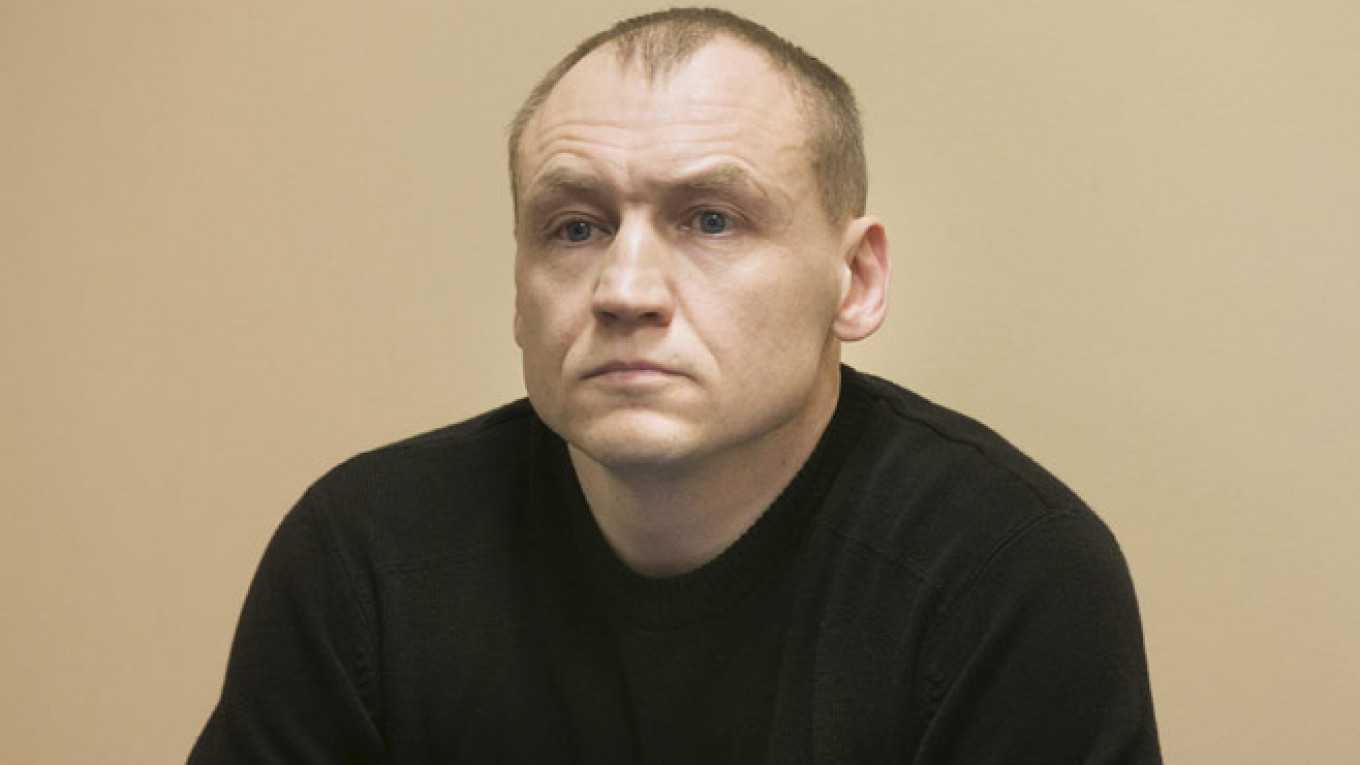MOSCOW / TALLINN — Russia and Estonia exchanged two men accused of espionage at a remote border post on Saturday in an episode reminiscent of a Cold War spy thriller that follows heightened tensions between the neighbors.
Russia's Federal Security Service (FSB) said it handed over Eston Kohver, an Estonian security officer detained by Russia last year, in exchange for Alexei Dressen — a former Estonian official serving a 16-year jail term for being a Russian spy.
Estonian officials confirmed the swap, which took place at a bridge over the Piusa River in a forested border region a few miles south of Lake Peipus.
"Both sides found a suitable solution," the director of Estonia's Internal Security Service, Arnold Sinisalu, told a televised news conference.
He sat alongside Kohver, who said it was "good to be back in my homeland."
Kohver's arrest last September provoked a dispute between the two countries. Estonia said he was abducted on the Estonian side of the frontier but Russia said he had been caught on its territory carrying a pistol and ammunition, 5,000 euros in cash and spying equipment.
Russia sentenced him last month to 15 years hard labour, provoking condemnation from Western governments as well as Estonia.
There had been speculation, however, that Kohver would ultimately be swapped for a Russian spy held in Estonia.
Dressen, the other alleged spy, was convicted by Estonia in 2012 of treason and divulging state secrets.
He was detained at Tallinn Airport with his wife in February 2012, just before she was due to board a flight to Moscow carrying what Estonian prosecutors said were classified documents.
Russian news agency RIA cited a source in the FSB as saying Dressen had worked for Russian counter-intelligence since the 1990s, transferring information about U.S. and British spies working in the Baltic countries.
Saturday's swap follows a deterioration of relations, which have also been strained by Russia's annexation of Ukraine's Crimea.
A Message from The Moscow Times:
Dear readers,
We are facing unprecedented challenges. Russia's Prosecutor General's Office has designated The Moscow Times as an "undesirable" organization, criminalizing our work and putting our staff at risk of prosecution. This follows our earlier unjust labeling as a "foreign agent."
These actions are direct attempts to silence independent journalism in Russia. The authorities claim our work "discredits the decisions of the Russian leadership." We see things differently: we strive to provide accurate, unbiased reporting on Russia.
We, the journalists of The Moscow Times, refuse to be silenced. But to continue our work, we need your help.
Your support, no matter how small, makes a world of difference. If you can, please support us monthly starting from just $2. It's quick to set up, and every contribution makes a significant impact.
By supporting The Moscow Times, you're defending open, independent journalism in the face of repression. Thank you for standing with us.
Remind me later.






